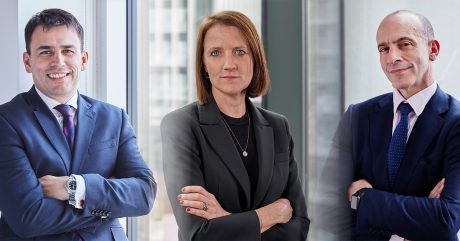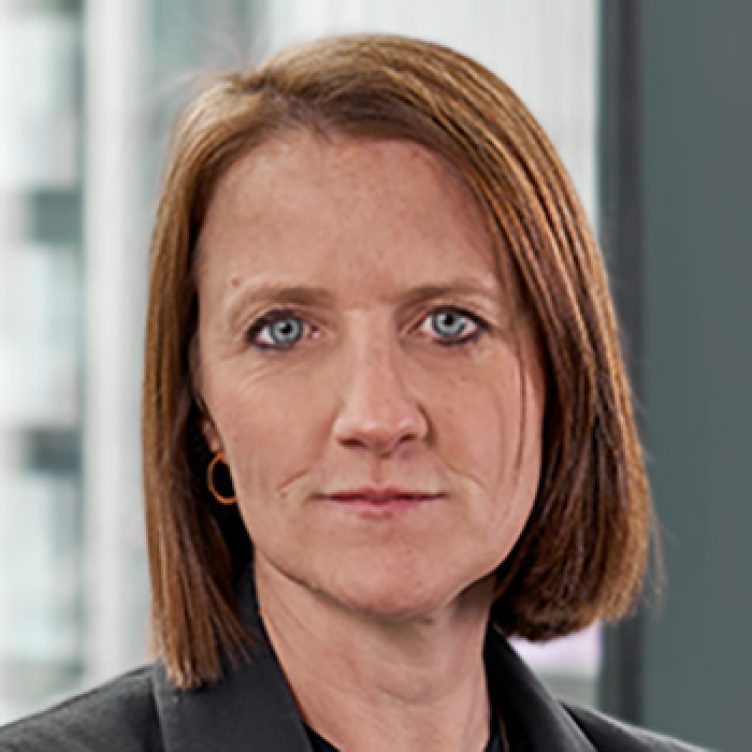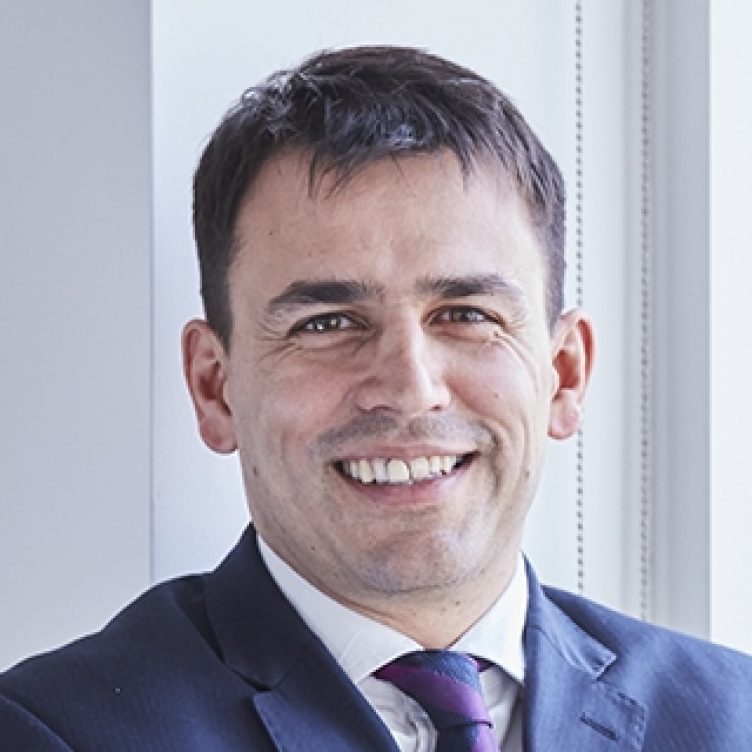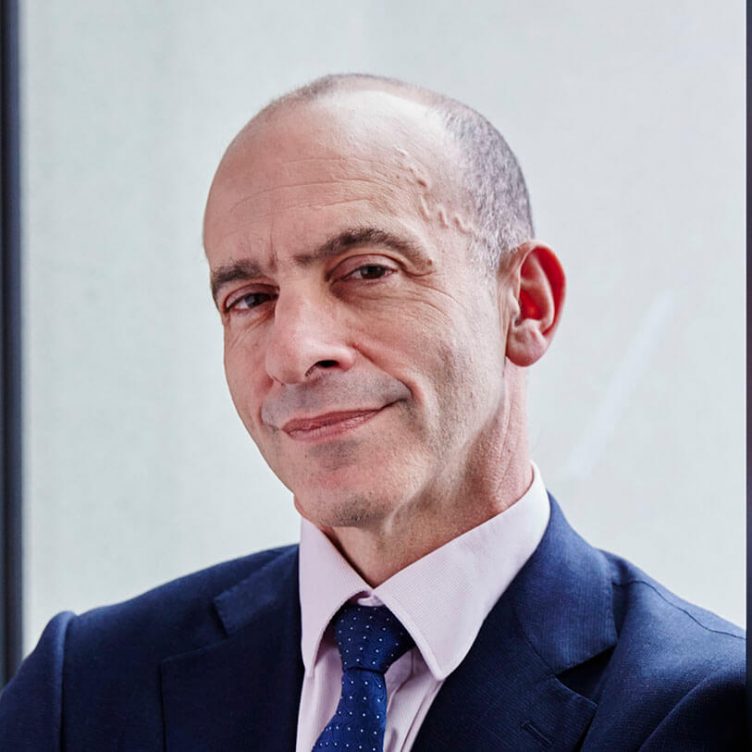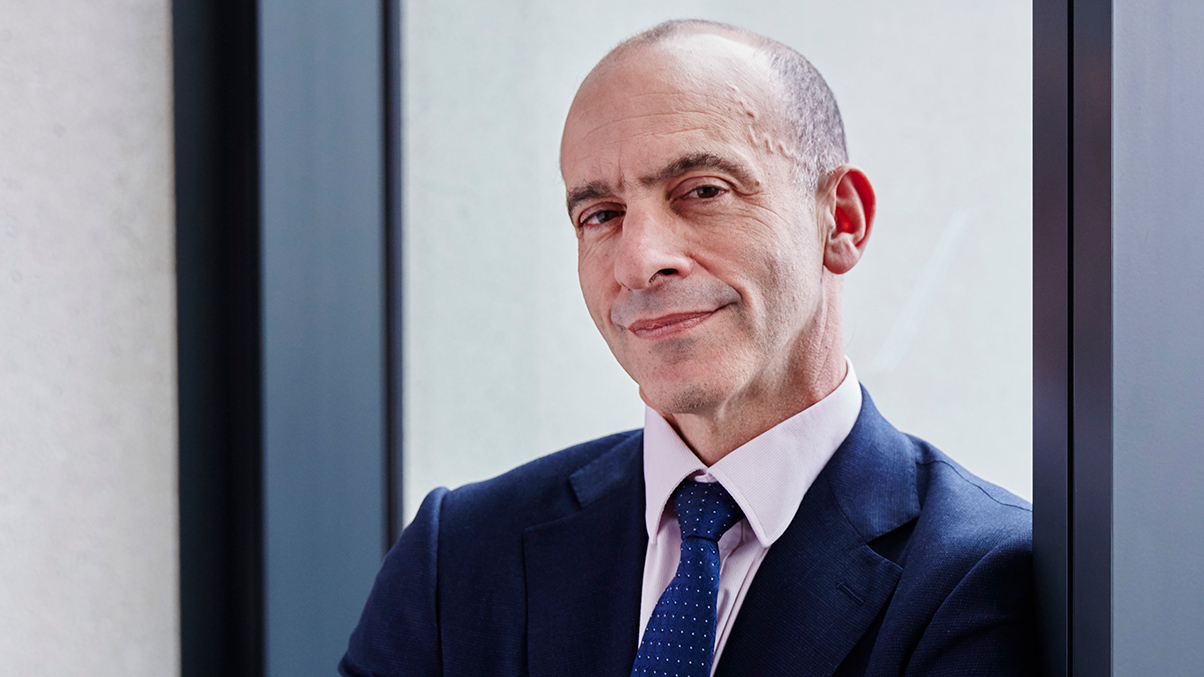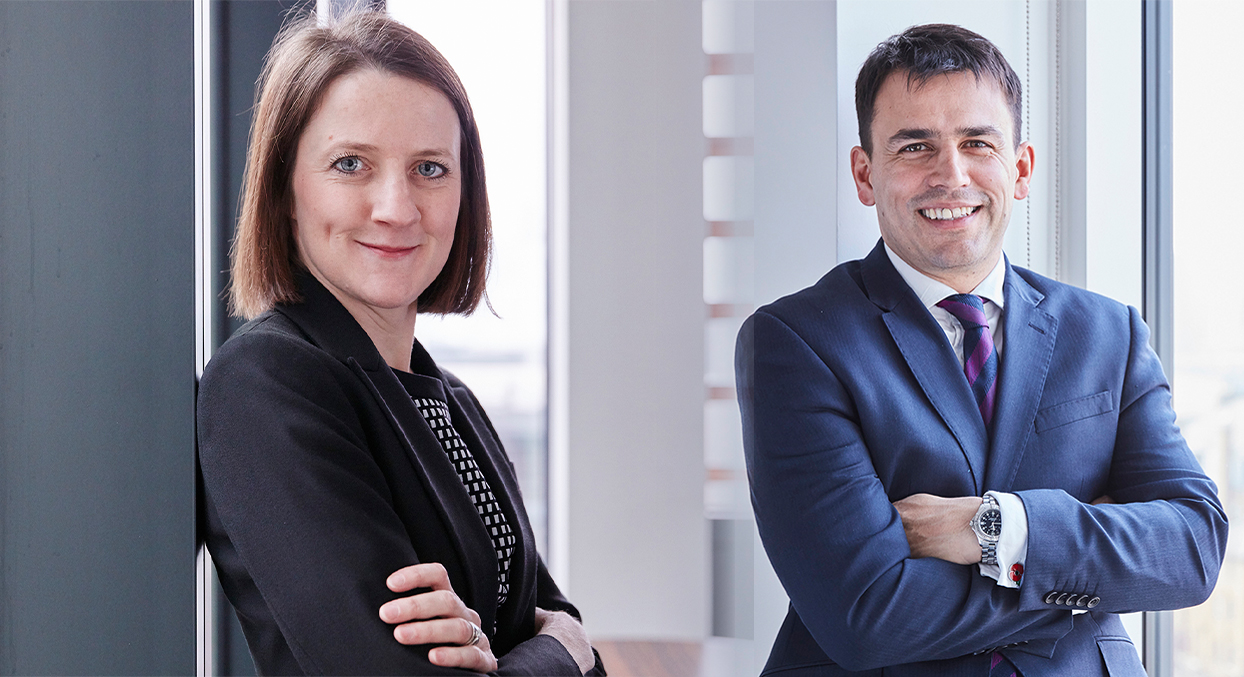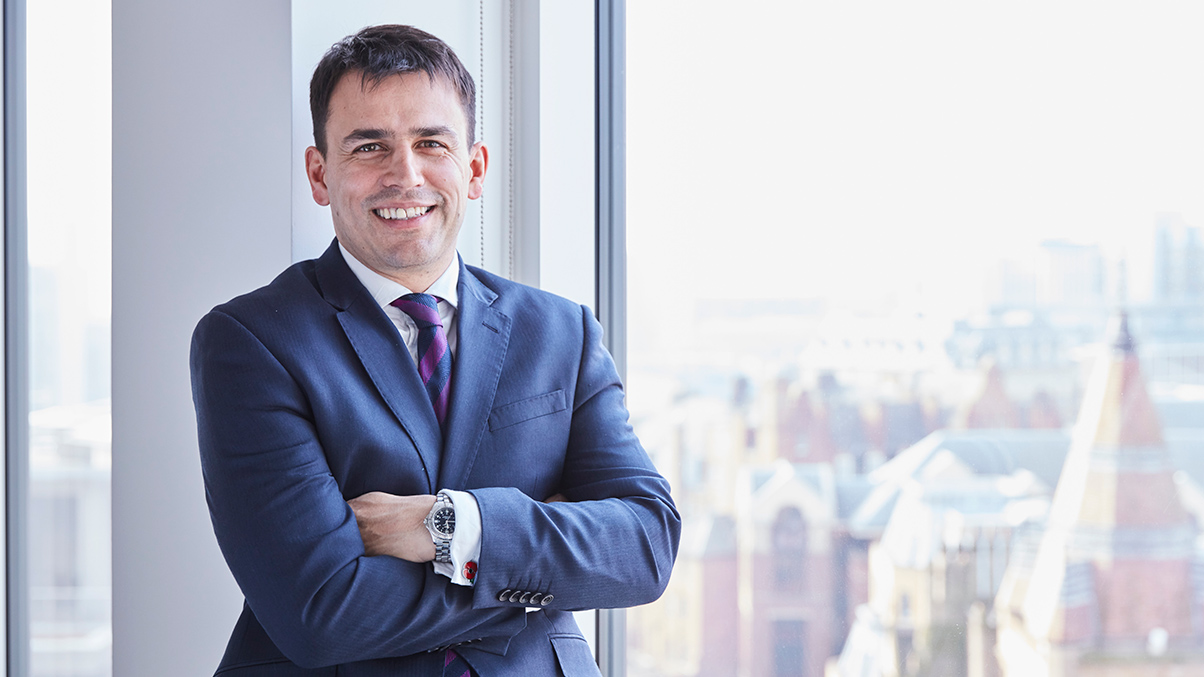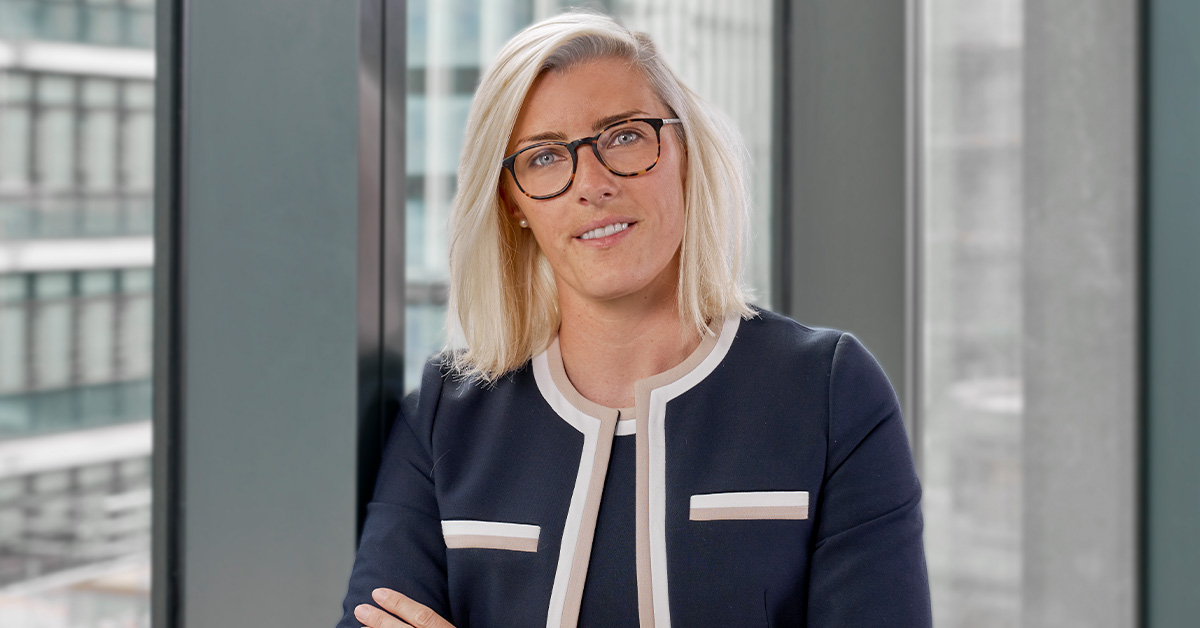At the end of 2023, co-Heads of Commercial Litigation Lucy Ward and Mo Bhaskaran and former head of department Clive Zietman spoke to Law360 about the team’s growth and the disputes landscape heading into 2024.
Lucy and Mo say they plan to continue on the “phenomenal trajectory” set by Clive by nurturing homegrown talent and making lateral hires. They see securities disputes as an area ripe for growth.
Read on for highlights from the interview, available in full here (subscription required).
How has Stewarts’ commercial litigation practice evolved over the past decade or so?
Clive: When I arrived in May 2009, the law firm was a very, very different place. Together with a team of fabulous people, we grew. We got into a space of being conflict-free. It was clear that there was a place in the market for a serious practice that, for example, could sue banks.
One of the early ones was the bankers’ bonus case against Commerzbank, where we acted for 73 bankers. We then got into RBS [Stewarts represented more than 300 institutional investors in a High Court legal action against RBS, alleging that the bank had misled them over a £12 billion ($15 billion) fundraising drive], which was a completely novel case at the time, certainly in terms of the subject matter, the law and the structure of the case.
What are your key priorities for Stewarts in the coming year?
Lucy: It’s really to build on the very successful practice that Clive has created, and we think the way to do that is really to harness the energy and ambition of the team. It’s a big team now. I’ve been at the firm for 12 years, and I’ve seen it get so much bigger in that period.
Mo: It wouldn’t surprise you to hear that Lucy and I have been working very closely with each other and Clive for the last several months on just that question. We’ve been talking to everyone in the department, ensuring that we know what their ambitions are and that they know what the ambitions of the firm are, because, as Lucy said, the success over the last 14 years has been massive.
That’s why a lot of people have joined Stewarts and continue to want to join Stewarts, because they see our growing reputation acting in the largest cases that are in the commercial court.
Did you always want to be a commercial litigator?
Lucy: There’s something about litigation — and I mean no disrespect to corporate lawyers, my sister included — it’s just really varied. Every case is completely different, and you become a total specialist in that case at the time.
Also, the sort of work we do means we don’t have lots of repeat clients. For these clients, it is often the only time that they will ever be involved in major litigation, so they desperately need your help.
Mo: I did not want to be any other kind of lawyer. Similar to Lucy, I also trained at a full-service firm. I was quite lucky to be involved in cases where I had direct exposure to clients at quite an early stage. The basic objective of a litigator is to sort out problems, and I really enjoy doing that. I much prefer getting a 400-page project agreement where I’m trying to find a hole in it, rather than being the person who has to draft it.
Which areas of litigation are ripe for growth at Stewarts?
Mo: Our securities practice is ripe for growth and it’s a very strong area. Our fraud practice also continues to be very strong. Those two, as well as our general commercial expertise, are three of our key areas.
In addition, the firm is growing in insolvency and arbitration, and we have a number ofother specialist teams that might be part of one department at other firms. We have specialist teams in trusts and probate, as well as policyholder disputes. Those are areas that we’ve identified as ones that we want to grow specifically, as well as growing the commercial litigation department.
What’s leading to an increase in securities disputes?
Lucy: The case law is developing. The courts are getting more used to dealing with these types of claims: where the split is in terms of quantum and liability, and the nuances of that. So case law is developing around it, which is moving these forward, together with the funding market, which has just bloomed in the last few years.
These institutional investors that we act for will largely do this completely off balance sheet, so there’s no risk to them in joining these claims. That has allowed these cases to move forward.
Clive: The other factor is the large institutional shareholders such as pension funds or asset managers themselves. Their attitude has changed, they’re understanding the cases, we’re involving them. It’s funded and insured — why are they not going to do it? So there is definitely a sea change in their attitudes.
You can find further information regarding our expertise, experience and team on our Commercial Litigation page.
If you require assistance from our team, please contact us or alternatively request a call back from one of our lawyers by submitting this form.
Subscribe – In order to receive our news straight to your inbox, subscribe here. Our newsletters are sent no more than once a month.

